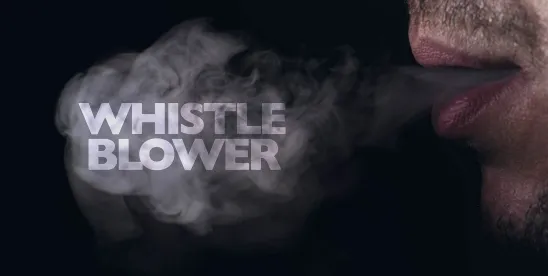The Ninth Circuit’s recent decision in Parker v. BNSF Railway Company, 112 F.4th 687 (9th Cir. 2024) underscores the burden faced by employers in defending against whistleblower retaliation claims assessed under the burden-shifting framework of the Federal Railroad Safety Act (“FRSA”), which provides that an employee may not be retaliated against “in whole or in part” due to their protected activity.
Background
The plaintiff Curtis Rookaird, a freight train operator, alleged that his employer, BNSF Railway Company (“BNSF”) terminated him, in part, due to train delays caused by his refusal to stop an air-brake test, which, he claimed, constituted protected activity under the FRSA. BNSF contended that plaintiff’s termination was justified due to his inefficiency, as well as dishonesty and insubordination unrelated to his alleged protected activity.
To prevail on a retaliation claim under the FRSA, a plaintiff must prove four elements, including that the protected activity was a “contributing factor” in the unfavorable personnel action. Parker, 112 F.4th at 697. If the plaintiff succeeds in establishing a prima facie case, the employer may offer an affirmative defense by demonstrating, through clear and convincing evidence, that they would have taken the same unfavorable personnel action in the absence of the protected activity. Notably, the contributing factor burden-shifting framework under the FRSA is “much more protective of plaintiff-employees” than the familiar McDonnell Douglas framework, because a plaintiff need only show that their protected activity was “a contributing factor” in any disciplinary action or termination, “not the sole or even predominant cause.” Id. at 698.
Ruling
The Ninth Circuit agreed that the record supported the district court’s conclusion, after a four-day bench trial, that the plaintiff’s refusal to stop performing the air-brake test contributed to his termination. Id. at 699. Plaintiff’s whistleblower claim thus hinged on whether BNSF could establish its affirmative defense. The Ninth Circuit found that unlike under other whistleblowing statutes utilizing similar burden-shifting frameworks, an employer under the FRSA cannot discharge an employee for his protected activity even “in part,” citing to the text of the statute. Id. at 700. To avoid rendering this language mere surplusage, the Ninth Circuit held that in evaluating an employer’s affirmative defense, a court “cannot disregard the FRSA’s original inquiry about whether unfavorable action was due ‘in part’ to the employee’s engaging in a protected activity.” Id. at 700. The Ninth Circuit found that the district court erred in evaluating BNSF’s affirmative defense under this standard when it reasoned that “Rookaird’s air-brake test could contribute to BNSF’s decision to fire him so long as it was ‘very little.’” Id. at 704. Accordingly, the Ninth Circuit vacated and remanded the case for further consideration by the district court.
The Ninth Circuit’s decision is something of an outlier, even as to cases interpreting the FRSA. The Circuit’s past FRSA precedents cited in the decision did not attribute similar significance to the portion of the statute stating that adverse action cannot be due, even “in part,” to an employee’s protected activity. The Ninth Circuit’s ruling also occurs under a unique factual and procedural context. The Ninth Circuit had previously vacated a jury verdict in favor of the plaintiff and remanded the case to the district court to consider certain issues, whereupon the district court issued its ruling after a bench trial. The Ninth Circuit may have been troubled by the district court’s finding in favor of BNSF on its affirmative defense despite the plain language of the statute, even though the court concluded that “the air test was a contributing factor in Mr. Rookaird’s termination,” albeit one that “contributed very little.” Parker v. BNSF Railway Company, No. 2:14-CV-00176-RAJ at *6-7 (W.D. Wash. Mar. 28, 2022).
Takeaways
This case presents an unusual interpretation of the requisite standard for an employer’s affirmative defense, which is available under many federal and state whistleblower statutes, including notably, the Sarbanes-Oxley Act of 2002 (“SOX”). It is important to recognize, however, that the Ninth Circuit expressly limited its holding to the FRSA, and relied on language specific to that statute, which is not present in other statutes such as SOX.





 />i
/>i
